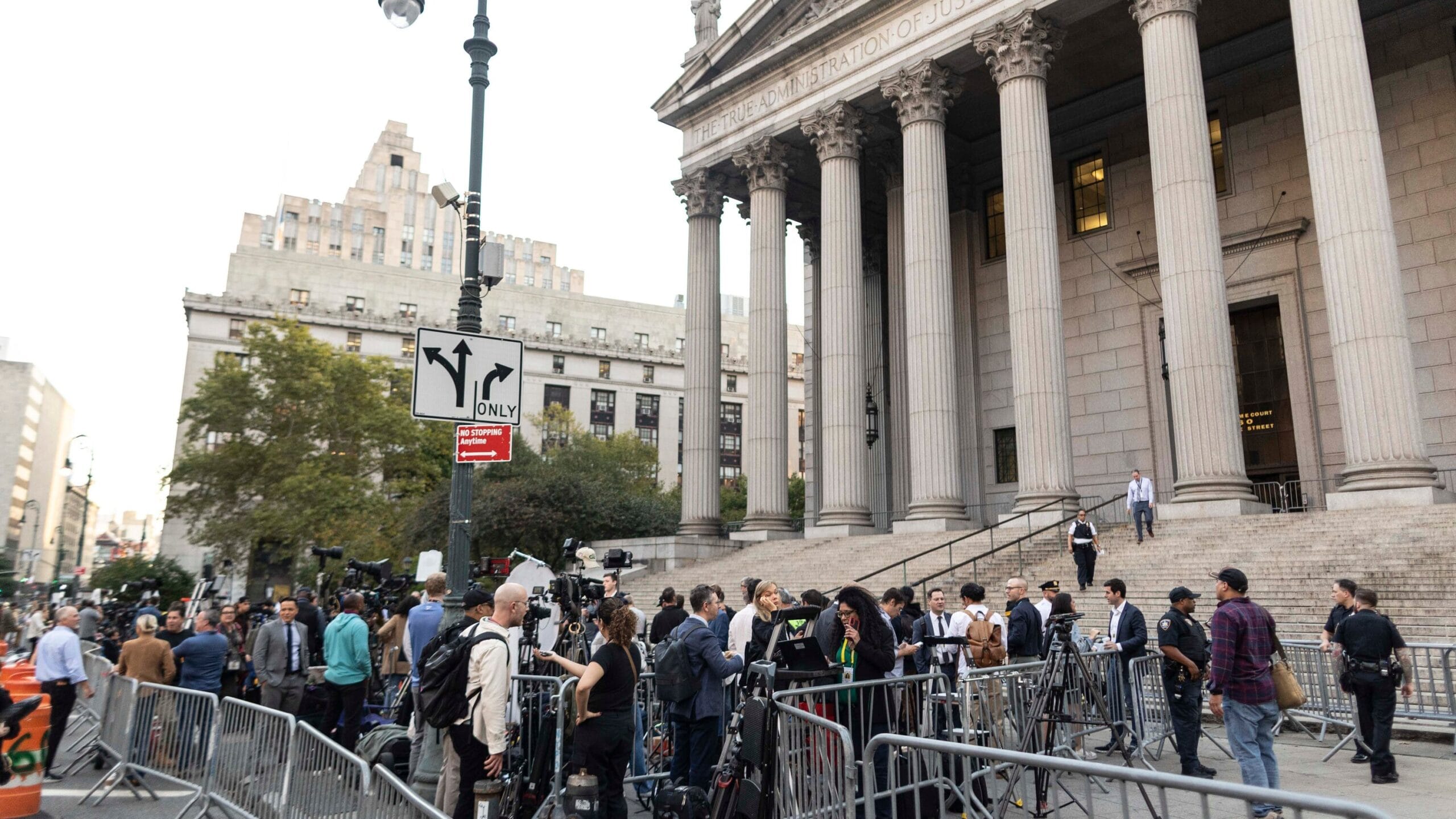U.S. Secretary of State Marco Rubio has clarified remarks made by the State Department regarding the Panama Canal, an international maritime route pivotal for global commerce and military logistics. A recent controversy erupted when the State Department announced that Panama had agreed to allow U.S. government vessels to transit the canal without paying fees. This assertion was swiftly denied by Panamanian officials, leading Rubio to issue a statement correcting the misinformation and presenting a more nuanced position.
The dispute flared following comments posted on social media by the U.S. State Department, claiming that U.S. government vessels could now pass through the Panama Canal toll-free, saving millions of taxpayer dollars annually. However, within hours, Panama’s President José Raúl Mulino refuted these claims, stating that no such agreement had been reached and emphasizing that all transits, including those conducted by the U.S. military, must adhere to existing legal frameworks and fee structures established by the Panama Canal Authority.
In a subsequent effort to de-escalate tensions, Secretary Rubio expressed that the U.S. had conveyed its position, noting that the U.S. government expects fair access to the canal but respects Panama’s sovereignty and legal processes. He acknowledged that Panama retains full authority over the operation of the canal, which has been under its control since the U.S. transferred ownership in 1999. Rubio also underscored that the U.S. values its relationship with Panama as a key strategic partner in securing both regional stability and shared economic prosperity.
Rubio’s clarification reflects the complexity of U.S.-Panama diplomatic relations and demonstrates the importance of precision in public communications on such matters. The Panama Canal, a significant engineering marvel completed over a century ago, facilitates the transit of thousands of vessels annually. Given its geographical and geopolitical significance, any disagreement regarding its operation has the potential to impact a range of military and economic interests.
Some critics have characterized the State Department’s initial statement as a diplomatic misstep, raising concerns about how such premature declarations might strain international partnerships. Others have highlighted that the controversy underscores the broader challenges of managing U.S. military and governmental logistics overseas, especially in regions that maintain strong legal independence.
The Panamanian government has reiterated its insistence that any waivers or alterations to canal fees would necessitate formal agreements ratified through its legislative process. President Mulino also used the opportunity to reaffirm his country’s commitment to being a neutral and independent operator of the canal, an assertion that aligns with international treaties governing its administration. He emphasized that Panama takes its duty to serve global maritime trade responsibly and without favoritism toward any specific nation.
For its part, the U.S. has maintained that ensuring cost effectiveness for its governmental operations, including those by the military, remains a priority. Rubio cited ongoing discussions with Panama to find solutions that reduce transit costs while adhering to legal protocols. He also noted that this incident does not diminish the strong and historic ties between the two countries.
Observers suggest that resolving this issue amicably will be critical for maintaining positive bilateral relations. The U.S., while a major user of the canal, also views Panama as a strategic ally in combating maritime crime and coordinating efforts to ensure the security of the Americas. Meanwhile, Panama benefits from continued U.S. support, both economically and diplomatically, in its role as a critical hub of global shipping and goods movement.
As the parties aim to clarify legal and financial arrangements over canal transits, broader discussions about fair use, sovereignty, and international cooperation take center stage. This latest episode underscores the importance of bilateral processes in resolving disputes efficiently to avoid unnecessary escalation.
Diplomatic watchers will be paying close attention to follow-up actions from both sides, particularly as larger issues related to trade logistics, regional stability, and geopolitical alliances continue to evolve. Both U.S. and Panamanian interests are best served by working together in mutual respect, ensuring that the canal functions effectively as a global resource for all.



